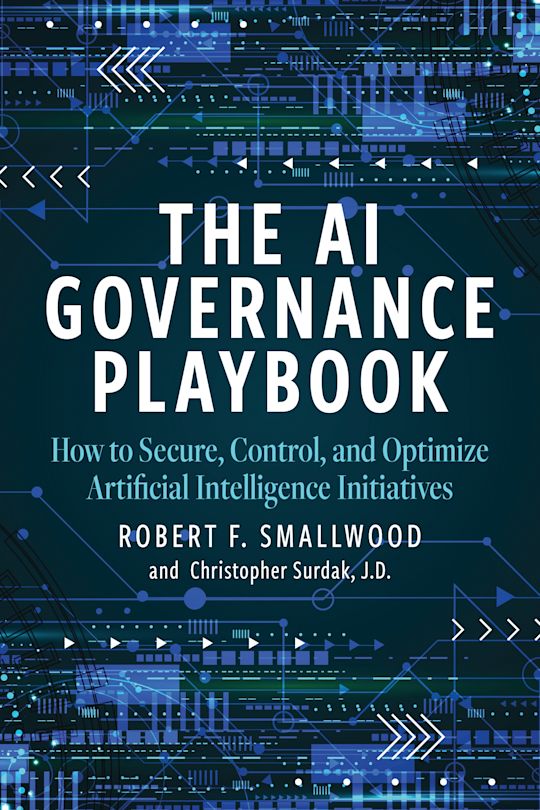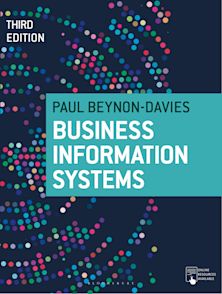AI Governance Playbook
How to Secure, Control, and Optimize Artificial Intelligence Initiatives
AI Governance Playbook
How to Secure, Control, and Optimize Artificial Intelligence Initiatives
Description
Organizations are jumping on the AI trend, but a lot of the time, the proper controls and planning are not in place, resulting in significant risks. Without sufficient guardrails and guidelines for training the AI model, these program deployments can suffer from or perpetuate bias and discrimination, security risks, reputation damage, ethical concerns, lack of transparency, and so much more. This book provides a clear framework for how to implement effective and efficient AI governance initiatives to ensure that your organization can capitalize on this powerful emerging technology while simultaneously limiting its potential for damage and harm.
Product details

| Published | 16 Apr 2026 |
|---|---|
| Format | Ebook (Epub & Mobi) |
| Edition | 1st |
| Extent | 352 |
| ISBN | 9798881800857 |
| Imprint | Bloomsbury Academic |
| Publisher | Bloomsbury Publishing |






















